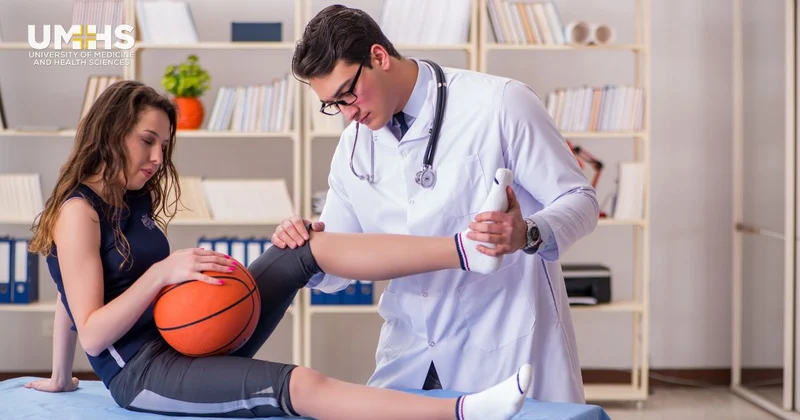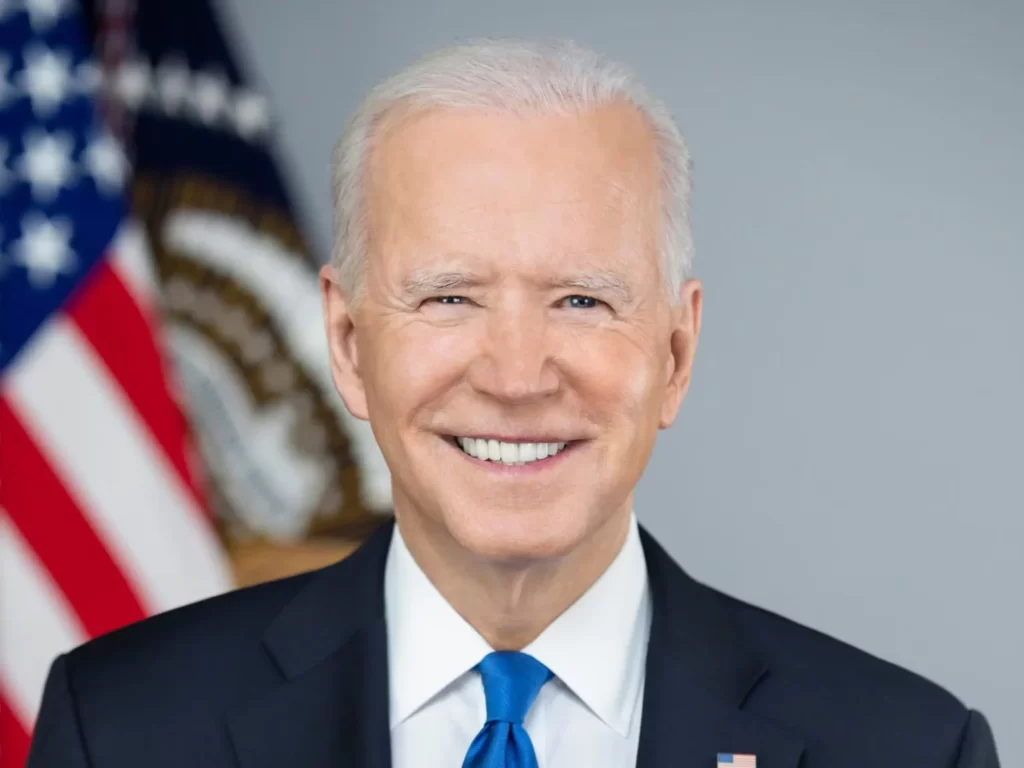Physical and sports activities are good for you in many ways, from making your heart healthier to better your mental health. However, with increased physical activity comes the risk of injury. This is where the role of a sports physician becomes crucial. A sports doctor is trained to avoid, diagnose, treat, and help people recover from injuries they get while playing sports or working out. Their knowledge not only helps players get better after getting hurt, but it also helps keep injuries from happening.
Injury Prevention: The First Line Of Defense
Preventing injuries is one of the primary responsibilities of a sports physician. While accidents and injuries are often considered an inevitable part of sports, many can be avoided with the proper care, preparation, and guidance. Sports physicians use a variety of techniques and strategies to help athletes stay safe and healthy, enabling them to continue performing at their best.
Customized Training Programs
Every athlete has different physical requirements based on their sport, position, and individual body mechanics. A sports physician assesses these factors and designs tailored training programs aimed at strengthening vulnerable areas of the body. This includes activities that work on specific muscle groups, make you more flexible, and increase your endurance, which makes it less likely that you’ll strain or hurt yourself. By focusing on an athlete’s unique needs, sports physicians minimize the risks associated with overtraining or undertraining.
Biomechanical Assessment
Another key aspect of injury prevention is understanding the mechanics of an athlete’s movements. Sports physicians conduct biomechanical assessments to observe how the body moves during physical activity. This helps find any strange or poor ways of moving that could make you more likely to get hurt. By addressing these issues through corrective exercises, braces, or changes in equipment, athletes can significantly reduce their chances of getting hurt.
Nutritional Guidance
Sports physicians also provide valuable advice on nutrition and hydration, both of which play a vital role in preventing injuries. Proper nutrition ensures that athletes maintain adequate energy levels, bone density, and muscle strength, all of which are critical for optimal performance and injury prevention. Dehydration, for instance, can lead to muscle cramps and fatigue, increasing the likelihood of injury. Sports physicians often collaborate with nutritionists to create a balanced diet plan that supports the athlete’s physical demands.
Mental Preparedness And Stress Management
Mental stress can also increase the risk of injury. Athletes who are mentally fatigued or distracted are more likely to make mistakes that result in accidents. Sports physicians work closely with athletes to help manage stress and mental fatigue, offering strategies for relaxation and focus. By maintaining mental sharpness and emotional balance, athletes can stay alert and make better decisions on the field or court.
Injury Management: A Comprehensive Approach To Recovery
When injuries do occur, the sports physician’s role becomes even more critical. Their goal is to ensure a full and safe recovery while minimizing downtime. Recovering from an injury is not just about treating the injured area; it requires a holistic approach to ensure the athlete returns to peak condition without the risk of re-injury.
Accurate Diagnosis And Immediate Care
One of the first steps in injury recovery is accurate diagnosis. Sports doctors use a patient’s medical history, physical checks, and imaging tests (like X-rays or MRIs) to figure out how bad the injury is. Early diagnosis allows for prompt treatment, reducing the severity of the injury and preventing further complications.
Personalized Rehabilitation Plans
Rehabilitation is a very important part of getting better, and sports doctors make specific plans for each player. These plans may include physical therapy, exercises to strengthen the injured area, and gradual reintroduction to the sport. To make sure the player can safely return to their sport, the goal is to improve their mobility, strength, and flexibility.
Sports doctors also work with physiotherapists and other medical workers to keep an eye on progress and make changes to the treatment plan as needed. A structured, step-by-step approach ensures that the athlete heals fully and avoids setbacks.
Injury-Specific Treatments
Different types of injuries require different treatments. Sports physicians are skilled in applying a range of treatments, from conservative approaches such as rest, ice, compression, and elevation (RICE) to more advanced methods like corticosteroid injections, platelet-rich plasma (PRP) therapy, or even surgery in severe cases. They ensure that athletes receive the appropriate treatment for their specific injury, helping them recover faster and more effectively.
Return-To-Play Decisions
Deciding when an athlete is ready to return to play is one of the most important decisions a sports physician makes. Returning too soon can lead to reinjury, which may be even more severe than the original injury. Sports physicians follow strict protocols and use objective criteria to assess an athlete’s readiness to return, including strength tests, functional assessments, and biomechanical analysis. Only when an athlete is fully healed and physically prepared do they give the green light for a return to competition.
Psychological Support During Recovery
Injuries can take a toll on an athlete’s mental health. Frustration, anxiety, and fear of reinjury are common emotional responses during recovery. Sports physicians provide psychological support, either directly or through referrals to sports psychologists. By addressing the mental and emotional aspects of recovery, sports physicians help athletes regain confidence and mental clarity, allowing for a smoother transition back to competition.
Conclusion
The role of a sports physician is multifaceted and indispensable in both injury prevention and recovery. Through tailored training programs, biomechanical assessments, and injury-specific treatments, sports physicians help athletes stay in peak condition while minimizing the risk of injury. When injuries do occur, they guide athletes through a comprehensive recovery process that ensures a safe and successful return to their sport. Whether you are a professional athlete or a weekend warrior, having a sports physician on your team is essential for long-term health and performance.



